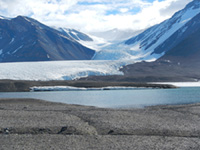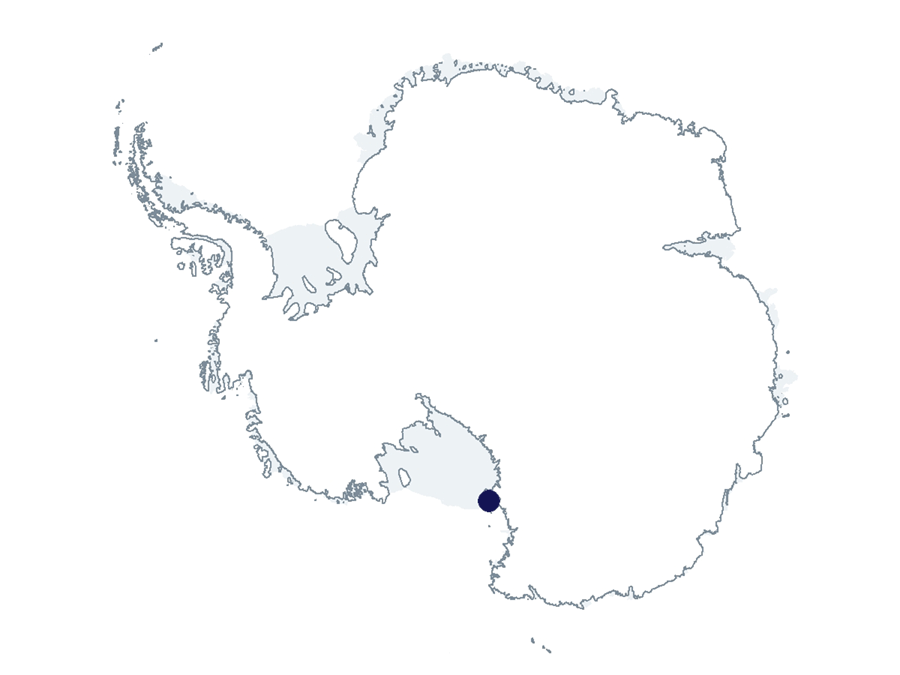2021-2022 USAP Field Season
Project Detail Project TitleMcMurdo LTER – Limnology: Ecosystem response to amplified landscape connectivity in the McMurdo Dry Valleys, Antarctica Summary
Event Number:
Program Director:
ASC POC/Implementer: Principal Investigator(s)
Dr. Michael N Gooseff
Location
Supporting Stations: McMurdo Station DescriptionThe McMurdo Dry Valleys Long-Term Ecological Research (MCM-LTER) Program is an interdisciplinary and multidisciplinary study of the aquatic and terrestrial ecosystems in an ice-free region of Antarctica. The MCM-LTER has studied Dry Valleys ecosystems since 1993, and observed their responses to climate variations over time. Landscape connectivity, such as streams connecting glaciers to lakes, and lake level rise connecting upland soils, is recognized to be influenced by climate and geological drivers. Researchers hypothesize that increased ecological connectivity within the Dry Valleys will amplify exchange of biota, energy, and matter, homogenizing ecosystem structure and functioning. Researchers will test this hypothesis through continued monitoring and experiments over six field seasons. Specifically, researchers are examining how climate variation alters connectivity among landscape units and how biota (species, populations, and communities) are connected across this heterogeneous landscape, using state-of-the-science tools and methods, including ongoing and expanded automated sensor networks, analysis of seasonal satellite imagery, biogeochemical analyses, and next-generation sequencing. Participants will collect samples to study nitrification and denitrification genes in Dry Valley organisms, and will collect water and soil to investigate carbon flow through the ecosystem. Field Season OverviewThe scope for this season is reduced due to COVID-19 impacts. (Note: All MCM-LTER support for this season is captured under event number C-505-M). Ten participants will deploy in late October. Similar to past seasons, the field teams will be based out of Taylor Valley fixed camps and will rotate among the different lake basins to conduct high-priority field work. They will conduct typical lake monitoring activities, service meteorological stations and stream gages, and conduct glacier mass-balance measurements. In January, the focus will shift from lake and meteorological station work to streams, algae operations, lake benthic mats, and moats and soils. One team member will stay in McMurdo to work on sample analysis and provide support and direction for the field teams.
Deploying Team Members
|
2021-2022 Science Planning Summaries



For USAP Participants |
For The Public |
For Researchers and EducatorsContact UsNational Science FoundationOffice of Polar Programs Geosciences Directorate 2415 Eisenhower Avenue, Suite W7100 Alexandria, VA 22314 Sign up for the NSF Office of Polar Programs newsletter and events. Feedback Form |



